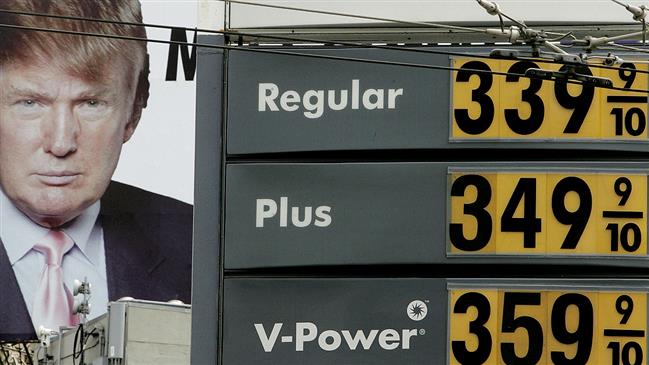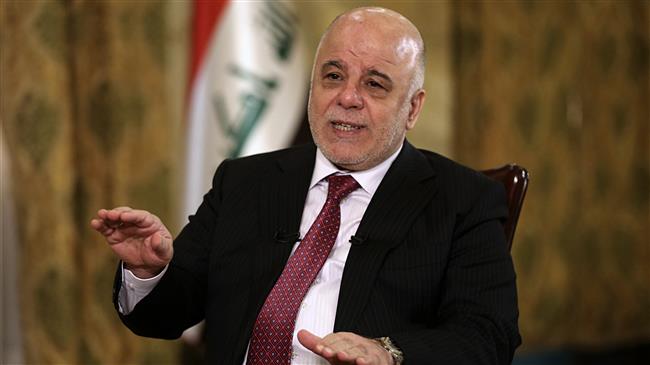Big EU firms not ready to oppose US bans on Iran: Russian envoy
Major European companies are not ready to oppose US President Donald Trump's sanctions against Iran, says Russia's envoy to the European Union, arguing that the bloc's recent move to protect firms against Washington's punitive measures would only benefit smaller companies.
Trump decided in May to abandon the Joint Comprehensive Plan of Action (JCPOA), a landmark nuclear deal signed in 2015 between Iran and six world powers – the US, the UK, France, Russia, China and Germany.
On August 6, the American president ordered all nuclear-related sanctions removed under the deal be reinstated immediately.
Later that day, the EU activated a "blocking statute" that would shield European companies with business ties to Iran by giving them immunity against court rulings that would enforce American penalties.
Russian envoy to the EU Vladimir Chizhov told reporters on Wednesday that the EU’s move "was made first and foremost in the interest of the European companies but most big EU companies have already made their choice, making it clear they were not ready to oppose US sanctions and continue their activities on the Iranian market."
"I have information about at least a hundred such companies coming from EU member states," the Russian envoy added. "Their choice is easy to understand in a quantitative sense as their business in the US is larger than in Iran," he added.
"This is why their interests concerning financing and production are more closely linked with the US market and - which is the most important thing - the global financial system based on the US dollar," Chizhov noted.
Chizhov pointed out that the blocking statute was in reality an attempt by the EU to force Washington to change its behavior, just like what it did in 1996 to protect companies from Washington’s sanctions against Cuba.
That document was never implemented as the US went on to remove its restrictions in two years later.
"Perhaps, at heart, our European partners expect the US to change its mind at some point or at least to make exceptions for its closest allies," the Russian envoy explained.
But even that was not a certainty, Chizhov said, noting that the Trump administration's policies have been "unpredictable" in all fields.
Despite warnings by Trump and other senior US administration officials that the risks are real, China, Russia and Turkey have already indicated that they would not comply with the unilateral US sanctions.
The foreign ministers of France, Germany and Britain pledged last week that they would work on preserving financial flows and Iran’s oil and gas exports post-sanctions.
Saudi delegation meets HTS leader at presidential palace in Damascus
Relentless Israeli ceasefire violations justify need for self-defense: Lebanese MP
Tel Aviv tells Damascus Israeli forces will remain in occupied territory: Report
Dec. 22: ‘Axis of Resistance’ operations against Israeli occupation
‘Abhorrent’: Oxfam says only 12 trucks delivered aid in North Gaza since Oct.
VIDEO | Leader receives religious eulogists on Hazrat Fatima birth anniv.
Pope Francis slams Israel’s ‘machine-gunning’ of Gaza children
US hostage-taking of Iranian nationals violation of intl. law: Deputy FM
















 This makes it easy to access the Press TV website
This makes it easy to access the Press TV website